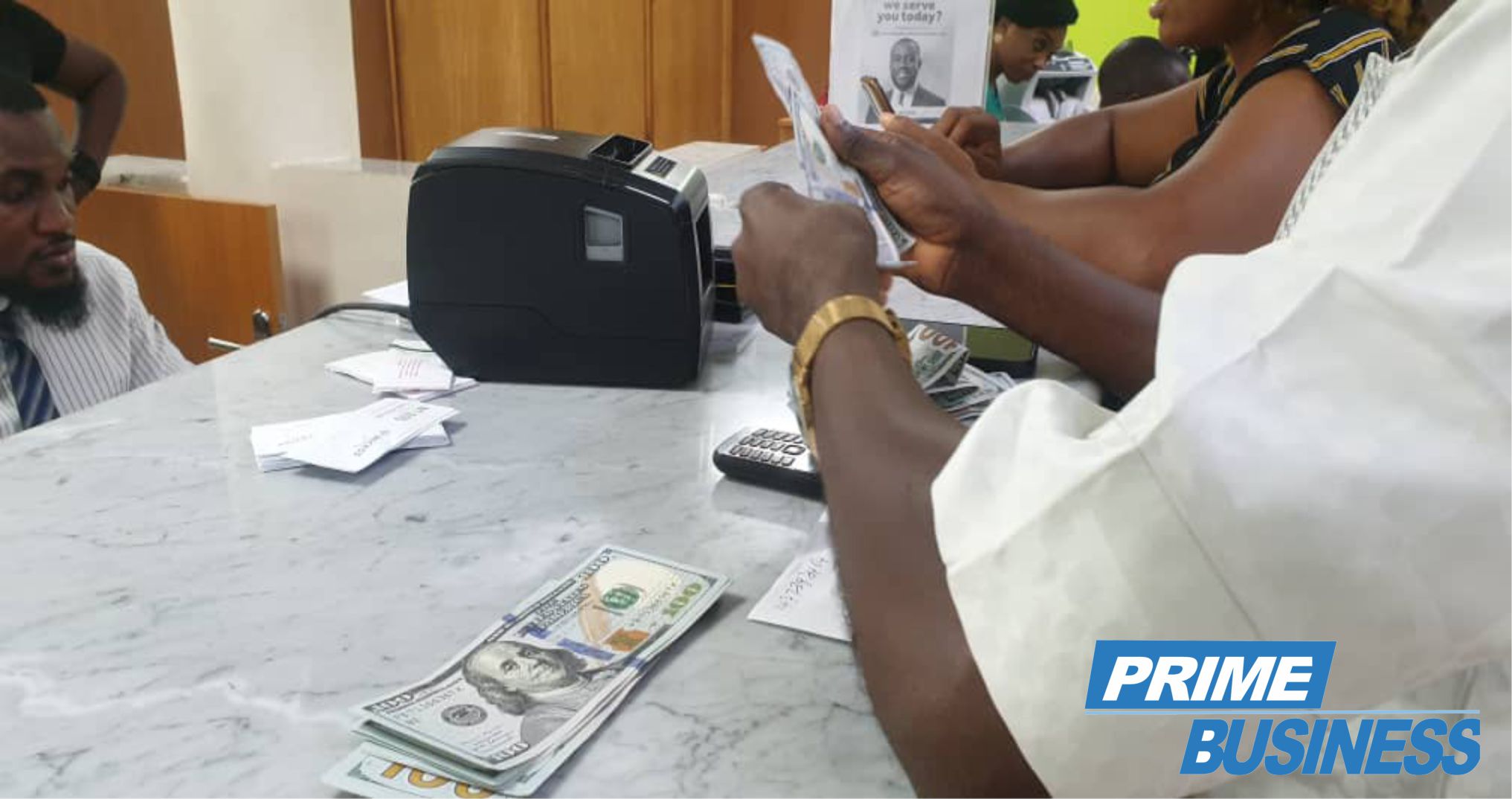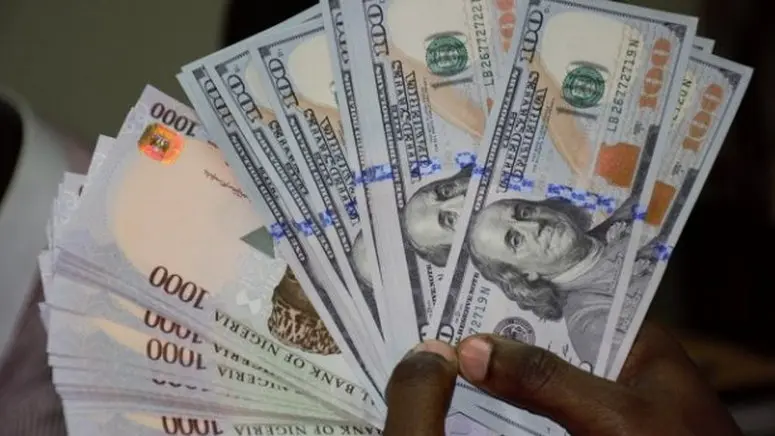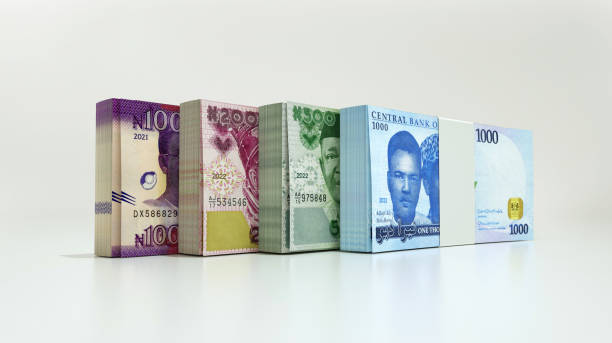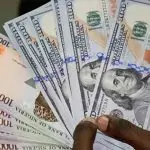The Nigerian naira surged to an intra-day high of N1,582 against the US dollar on Wednesday, marking a notable milestone in the currency’s performance.
However, this achievement was juxtaposed with a sharp decline in forex turnover, plummeting by 56.58% to $117.87 million, indicating underlying challenges in the forex market.
Join our WhatsApp ChannelSpeaking to our correspondent, Mr. Hassan Abubakar, a currency trader, commented on the recent fluctuations, saying: “The market is responding to various factors, including the Central Bank’s efforts to stabilize the naira and curb speculative activities.”
Indeed, the Central Bank of Nigeria (CBN) has been proactive in implementing reforms to address forex market challenges.
A recent circular aimed at curbing excessive speculation and hoarding by Nigerian banks has shown some positive impact on forex turnover. However, challenges persist despite these interventions.
At the close of business, the naira experienced a marginal depreciation of 0.26%, settling at N1,503 to a dollar, according to data from the Nigerian Autonomous Foreign Exchange Market (NAFEM).
The parallel market also witnessed a slight decrease, with the exchange rate quoted at N1,545/$1.
The reforms announced by the CBN signal a shift towards a market-driven exchange rate mechanism, as highlighted by the removal of caps on international money transfer operations and the discontinuation of a cap on the spread of interbank foreign exchange transactions.
In a circular, the CBN emphasized the importance of promoting a market-based price discovery system, stating, “Forex transactions will operate on a ‘Willing Buyer and Willing Seller’ basis, ensuring more flexibility in exchange rates determined by market forces.”
These reforms aim to enhance transparency and ethical standards in the forex market, emphasizing the role of authorized dealers in conducting foreign exchange transactions with adherence to high ethical standards.
As the CBN continues its efforts to reform the forex market, stakeholders remain cautiously optimistic about the potential for a more stable and market-driven exchange rate regime in Nigeria.
Emmanuel Ochayi is a journalist. He is a graduate of the University of Lagos, School of first choice and the nations pride. Emmanuel is keen on exploring writing angles in different areas, including Business, climate change, politics, Education, and others.

















Follow Us